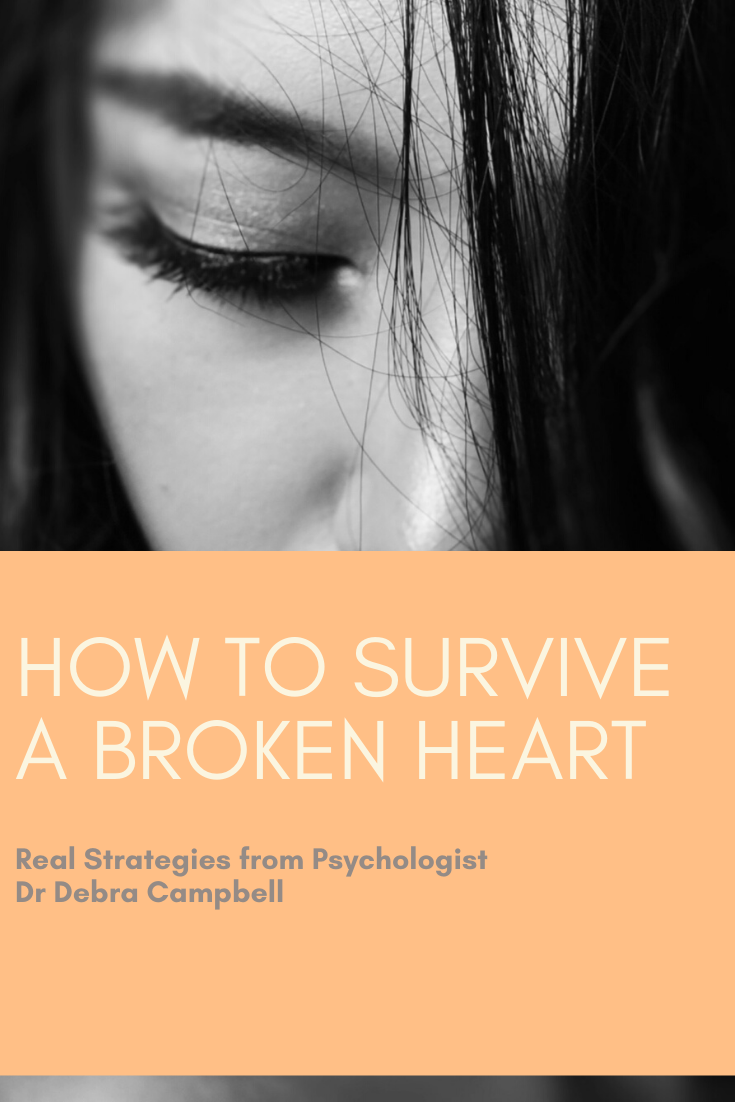Is your relationship more difficult than enjoyable? Maybe you need some relationship help to figure out what to do to make it better, especially if you keep going round in circles together, rehashing the same issues.
Sometimes we can’t make sense of our relationships, or even our own insides. We’re just too close to the action to see clearly. Relationships are so central to happiness that relationship stress can impact everything else in life including work and parenting.
We all need a little help sometimes in getting a fresh perspective. It’s never been more accepted or ‘’normal’ to seek the help of a relationship professional.
There are different kinds of relationship help available so here’s a little info on what might suit you and your partner best.
The decision about who to trust with your relationship struggles and your inner world is an important one because when you’re under stress and turning up open-hearted and vulnerable, laying your stuff on the line to a stranger, the therapist or counsellor has a great deal of influence. There are many different kinds of therapists, from GPs who have trained to provide counselling to patients, to psychologists and psychiatrists offering counselling and psychotherapy.
Psychotherapists and counsellors can come from various backgrounds and it’s important to know the basic credentials of a professional before you trust them with your inner world, because while some can offer life-changing support, others can be unwittingly unhelpful. If possible, get a recommendation from your GP or another trusted source, then let your intuition guide you.
Even more important than their qualifications and experience is how you feel working with the therapist. It’s vital they understand what you want to work on and whether you feel they are meeting you where you are as a person – encouraging in you a greater sense of authority in your own world.
Different therapy styles and approaches will naturally work more effectively for different individuals, cultures and conditions. The universal factor in good therapy is a positive relationship with your therapist. That relationship should model acceptance, benevolence and mindfulness.
To assess your therapy, ask yourself – Am I feeling clearer, more aware in myself and my world?
Are the goals I had in attending therapy getting closer?
Does therapy help me to feel how I want to feel more of the time?
Are my relationship patterns or problems getting easier to understand?
Most importantly: Do I feel more accepting, confident and compassionate towards myself because of my therapist’s attitude to me?
Want more relationship wisdom direct from a psychologist?
Check out my free relationship help resources here or pick up a copy of my book Lovelands to get started.
Just BE the love that you ARE,
Deb x





